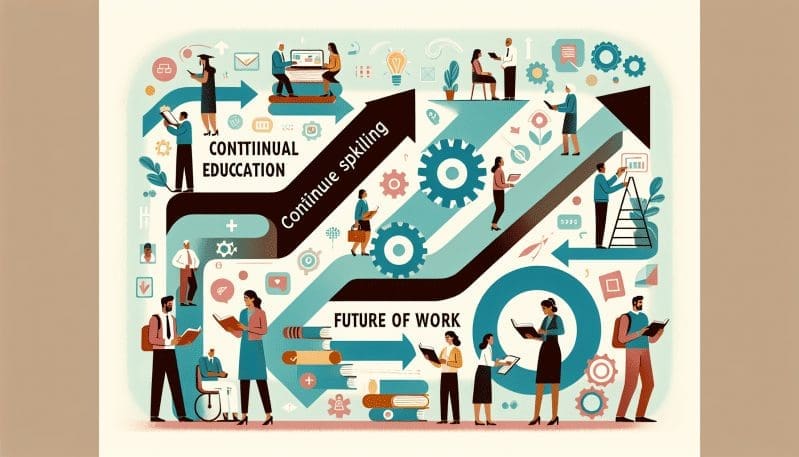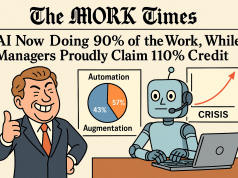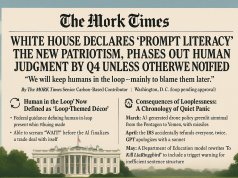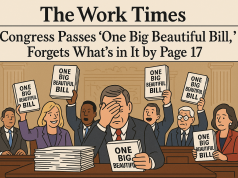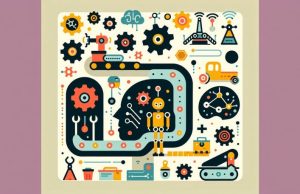In our ever-accelerating world, the landscape of work is undergoing seismic shifts. Gone are the days when a single skill set or degree could carry you comfortably through a lifetime of employment. As The Work Times explores the intricate tapestry of modern employment, we confront an unavoidable truth: continuous education is no longer a luxury; it is an imperative. But who bears the responsibility for upskilling? Is it the individual, the corporation, or the state?
To understand the upskilling imperative, we must first look at the socioeconomic factors driving this trend. The digital revolution has not just introduced new gadgets into our lives; it has fundamentally altered the nature of work. Automation and artificial intelligence are transforming every sector, from manufacturing to services. Jobs that were once cornerstones of our economy are being phased out, and new roles are emerging just as quickly. The workers of today and tomorrow must be adaptable, tech-savvy, and ready to acquire new skills on the fly.
This brings us to the role of government policy and corporate responsibility. Governments around the world grapple with the challenge of preparing their citizens for this brave new world of work. Initiatives like tax incentives for companies that invest in employee training, or subsidized education programs, are important pieces of the puzzle. On the other side, corporations must recognize that investing in their workforce is not just a moral duty, but a strategic one. A well-upskilled employee is more productive, more innovative, and more loyal.
However, it’s not all about policies and company strategies. Individual initiative plays a critical part in the upskilling equation. Employees must take charge of their own professional development, seeking out new learning opportunities and staying abreast of industry trends. But the waters are murky. Amid promising initiatives, there are concerns. Are the current upskilling efforts enough to weather the storm of technological advancement? Will a failure to adapt lead to widespread unemployment, or worse, a skills gap that companies and countries cannot bridge?
These questions lead us to contemplate the very notion of ‘learning as a lifelong process.’ For retirees or those in post-career stages, the need to upskill might not be about staying employed, but about staying engaged. For those who choose or need to re-enter the workforce, upskilling is the bridge back to relevance. It’s no longer uncommon to see retirees embarking on completely new professional paths, fueled by their continuous learning efforts.
In conclusion, as we navigate these turbulent waters of evolving workplaces, the importance of creating a sustainable ecosystem where continuous education and work-readiness are intertwined cannot be overstated. It is imperative for all stakeholders — from policy-makers to CEOs, from young professionals to retirees — to collaborate in cultivating an environment where upskilling is accessible, affordable, and aligned with the needs of the future of work. Only then can we ensure the stability and growth of our economy and provide a safety net for the workforce of today and tomorrow. The Work Times calls upon each member of the employment ecosystem to embrace the upskilling imperative, for it is not just the future of work at stake, but the very fabric of our society.
















